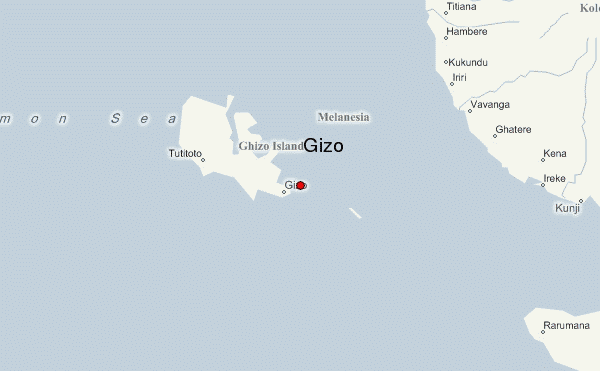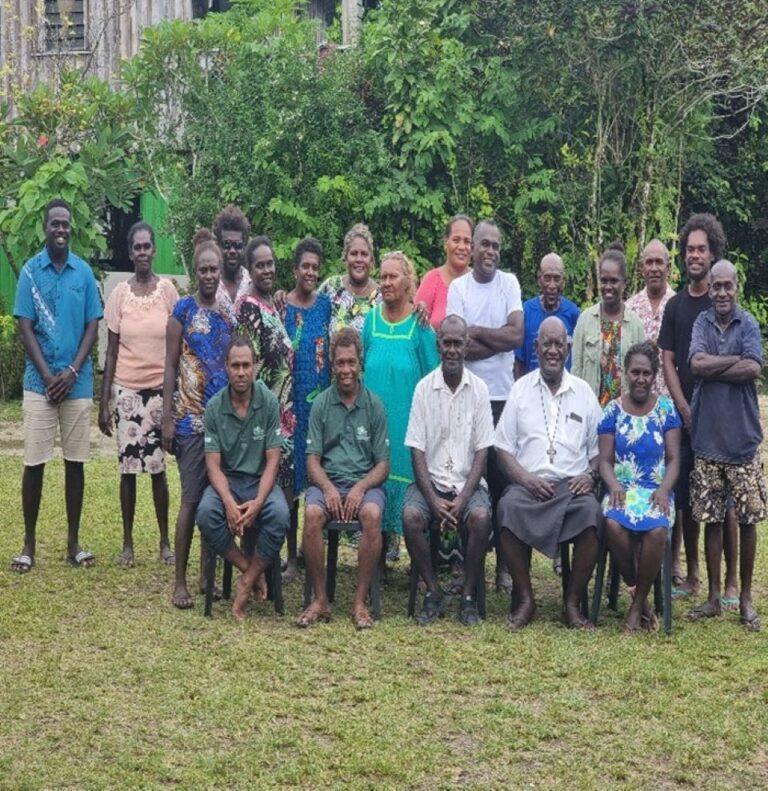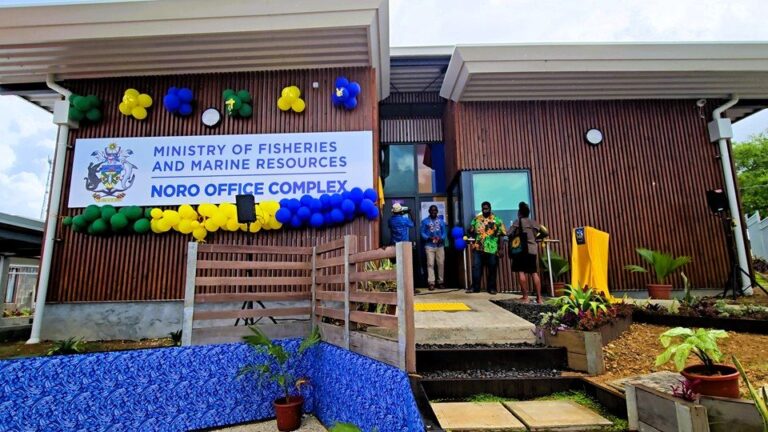BY JOHN HOUANIHAU
WATER Shortage is a common problem often faced by local communities around Gizo Township, Western province, forcing residents to fetch other sources of water from any possible means.
Waterborne diseases (WBDs) have continued to be a major health threat to people living in Gizo Township due to the absence of basic infrastructure, especially the current township’s inefficient public water system.
In June of this year reports received by Environment Media confirmed five children died at Gizo hospital due to diarrhea which was believed to have been caused by rotavirus.
Rodney Keni’oma a SINU final year nursing student who had recently undergone his apprenticeship at Gizo hospital shared what he earlier witnessed, in a recent exclusive interview with Environment Media.
“Water is a scarce resource on the island. People normally depend on water tanks or locally made boreholes. During long periods of dry weather they do everything from washing to bathing using boreholes,’’ he revealed.
Mr. Keni’oma added that one of the fears amongst residents is a future diarrhea outbreak due to flooding caused by heavy rains, a main disease transporting agent of the microorganism (rotavirus).
Keni’oma who attend to one of the cases said that the five children may have picked up the virus from their mothers either through breastfeeding or from contaminant materials.
Based on the Solomon water survey, household investment in water tanks within Gizo Township has increased in recent times in response to the failed piped water system in the township.
In a recent phone call interview with Valise Qiniti, an outpatient nurse from Gizo hospital she said the outbreak happened after the recent wet season before June of this year.
“It followed the wet season on April and May this year which most of the Gizo town experience minor and severe floods. Future rotavirus outbreak is possible due lack of access to clean water.
“The microorganism can transport by floods during flooding. This is where an outbreak is possible. People get affected when contacted with contaminated foods, materials, etc., where children are more vulnerable,” said Qiniti.
Qiniti said that the increasing population and limited resources it has led to water shortages and increasing health and hygiene issues.
She said that the five rotavirus-related deaths are children aged 2-3 years whilst others are month old babies.
Meanwhile, hopes are still there as the urban water supply & sanitation sector projects 2019-2027 aims to improve water supplies in Auki Malaita, Noro, Munda, Gizo in Western province, and Tulagi in the Central province.
The cost of the Urban Water Supply & Sanitation Sector Projects (UWSSSP) is US$ 94 million (SBD 752 million) which is aimed at improving water supply systems, services, and sectors across the country.




